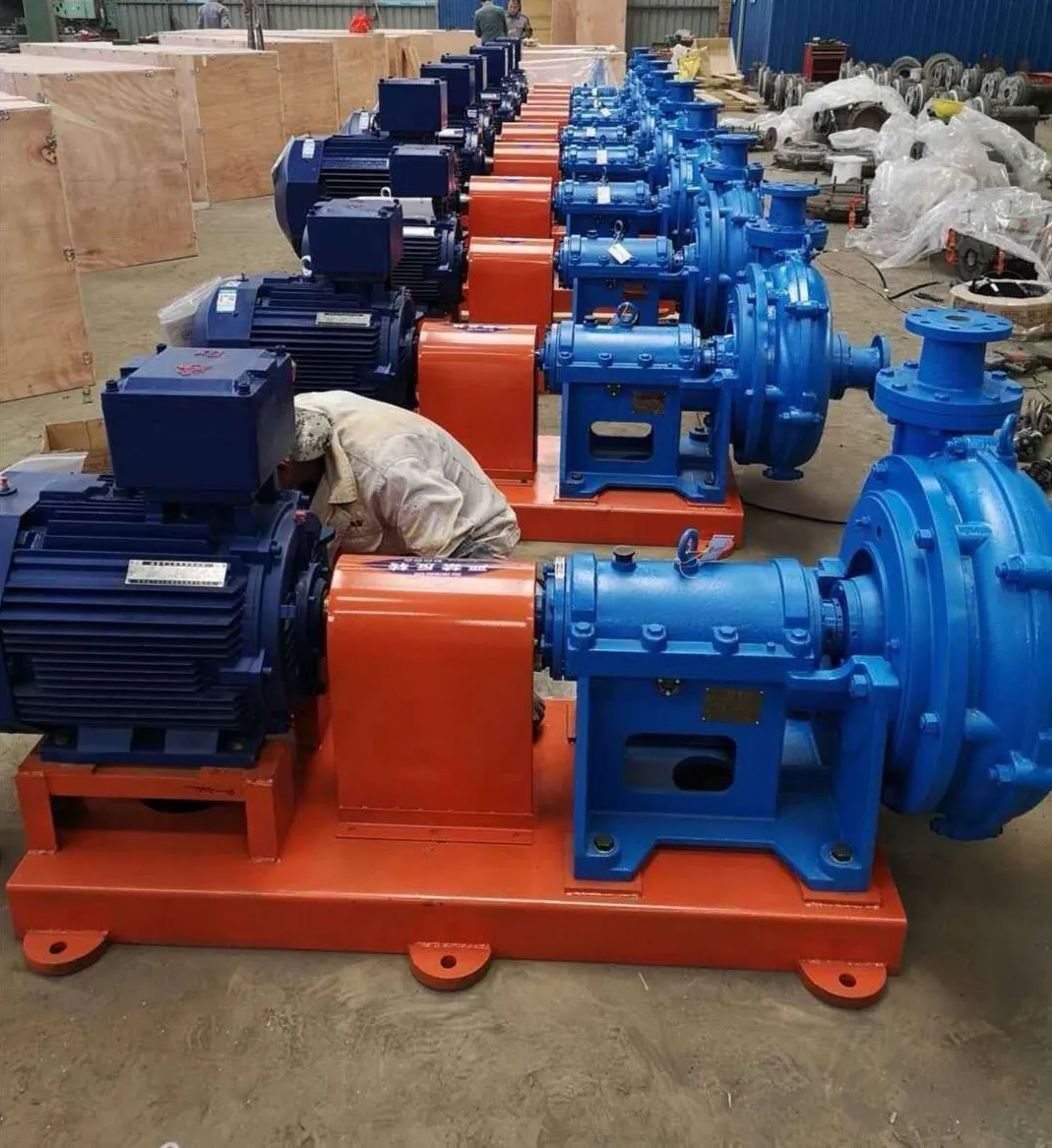hawaiian
- Afrikaans
- Albanian
- Amharic
- Arabic
- Armenian
- Azerbaijani
- Basque
- Belarusian
- Bengali
- Bosnian
- Bulgarian
- Catalan
- Cebuano
- Corsican
- Croatian
- Czech
- Danish
- Dutch
- English
- Esperanto
- Estonian
- Finnish
- French
- Frisian
- Galician
- Georgian
- German
- Greek
- Gujarati
- Haitian Creole
- hausa
- hawaiian
- Hebrew
- Hindi
- Miao
- Hungarian
- Icelandic
- igbo
- Indonesian
- irish
- Italian
- Japanese
- Javanese
- Kannada
- kazakh
- Khmer
- Rwandese
- Korean
- Kurdish
- Kyrgyz
- Lao
- Latin
- Latvian
- Lithuanian
- Luxembourgish
- Macedonian
- Malgashi
- Malay
- Malayalam
- Maltese
- Maori
- Marathi
- Mongolian
- Myanmar
- Nepali
- Norwegian
- Norwegian
- Occitan
- Pashto
- Persian
- Polish
- Portuguese
- Punjabi
- Romanian
- Russian
- Samoan
- Scottish Gaelic
- Serbian
- Sesotho
- Shona
- Sindhi
- Sinhala
- Slovak
- Slovenian
- Somali
- Spanish
- Sundanese
- Swahili
- Swedish
- Tagalog
- Tajik
- Tamil
- Tatar
- Telugu
- Thai
- Turkish
- Turkmen
- Ukrainian
- Urdu
- Uighur
- Uzbek
- Vietnamese
- Welsh
- Bantu
- Yiddish
- Yoruba
- Zulu
Telephone: +86 13120555503
Email: frank@cypump.com
Oct . 22, 2024 12:41 Back to list
Cost Analysis of Sewage Ejector Pumps for Residential and Commercial Use
Understanding the Cost of Sewage Ejector Pumps
Sewage ejector pumps play a crucial role in maintaining the functionality of plumbing systems, particularly in residential and commercial buildings located below the municipal sewer line. These pumps are designed to transport wastewater and sewage from lower levels to an elevation where it can flow freely into the main sewer system. While they are an essential component for proper waste management, understanding the cost associated with sewage ejector pumps is vital for homeowners and property managers.
Initial Purchase Cost
The initial cost of a sewage ejector pump can vary significantly based on several factors, including the pump's size, capacity, and features. On average, homeowners can expect to spend between $300 and $1,200 for the pump itself. Smaller pumps, suitable for basic applications or residential needs, are generally at the lower end of this price range. In contrast, more robust models, designed for commercial use or complex plumbing systems, can fall on the higher end of the spectrum.
When shopping for a sewage ejector pump, it is important to consider the specifications needed for your particular application. Factors such as the vertical lift required, the volume of wastewater, and the nature of the sewage being pumped will influence the type of pump you need. Selecting the right pump not only ensures efficiency but also helps prevent potential plumbing issues down the road.
Installation Costs
In addition to the purchase price of the pump, installation costs can significantly impact the overall expense. Professional installation is highly recommended due to the complexity involved in setting up a sewage ejector pump. The cost of installation typically ranges from $400 to $1,500, depending on the intricacies of the plumbing system, local labor rates, and any necessary modifications to existing pipes or electrical systems.
It's essential to hire a licensed plumber with experience in installing sewage ejector pumps to ensure compliance with local codes and regulations. Moreover, a professional installation can help extend the life of the pump by ensuring it is correctly positioned and connected, thereby minimizing the risk of future malfunctions.
sewage ejector pump cost

Maintenance and Repair Costs
Sewage ejector pumps require regular maintenance to operate efficiently over time. Routine inspections, cleaning, and occasional repairs will incur additional costs. On average, homeowners should budget around $100 to $300 annually for maintenance, depending on usage and the specific requirements of their pump.
Common maintenance tasks include checking the pump's floats and switches, inspecting for clogs, and ensuring the discharge lines are free from debris. Neglecting these tasks can lead to more significant problems, resulting in costly repairs or complete pump replacement.
Replacement Costs
Like any mechanical device, sewage ejector pumps do not last indefinitely. While the lifespan of a typical pump can range from 5 to 15 years, factors such as frequency of use and the type of materials being pumped will influence longevity. When replacement becomes necessary, homeowners should expect to pay similar costs as those associated with the initial purchase and installation.
Conclusion
Understanding the costs associated with sewage ejector pumps—ranging from purchase and installation to ongoing maintenance—is critical for efficient waste management in homes and businesses. By factoring in these expenses, property owners can better prepare for the financial implications of installing and maintaining a sewage ejector pump. Investing in a quality pump, professional installation, and regular maintenance can ultimately save time and money by preventing emergencies and ensuring reliable operation. While the initial investment may seem significant, the long-term benefits of a well-functioning sewage ejector pump are invaluable in preserving the integrity of your plumbing system.
-
High-Efficiency Submersible Effluent Pump for Sewage & Wastewater Solutions
NewsJul.08,2025
-
High Quality CH Warman Slurry Pump Factory - Leading Horizontal Slurry Pump Supplier
NewsJul.08,2025
-
Hot Sale Chemical Circulating Pump – Efficient & Durable Slurry Circulating Pump Solutions
NewsJul.08,2025
-
High-Efficiency Submersible Dredge Pump for Sand & Gravel Durable Dredge Slurry Pumps Solutions
NewsJul.07,2025
-
Wholesale Slurry Pump Impeller Supplier – High-Quality & Efficient Pump Parts for Enhanced Performance
NewsJul.07,2025
-
High-Efficiency Water Submersible Pumps Reliable Water Pump for Potable Water Supply
NewsJul.06,2025










